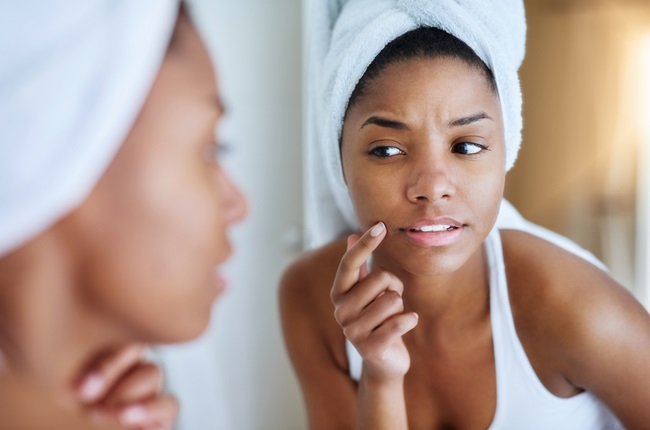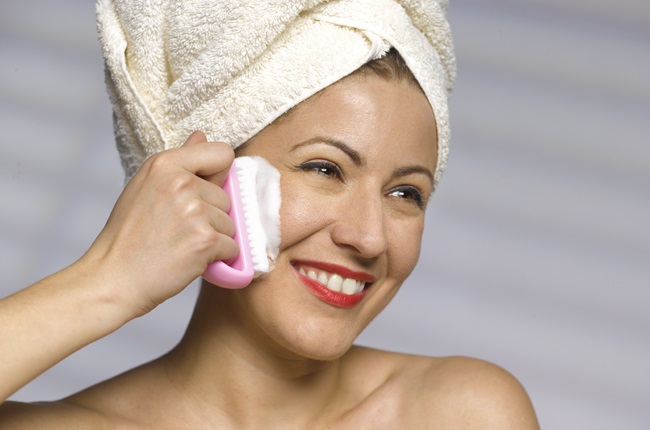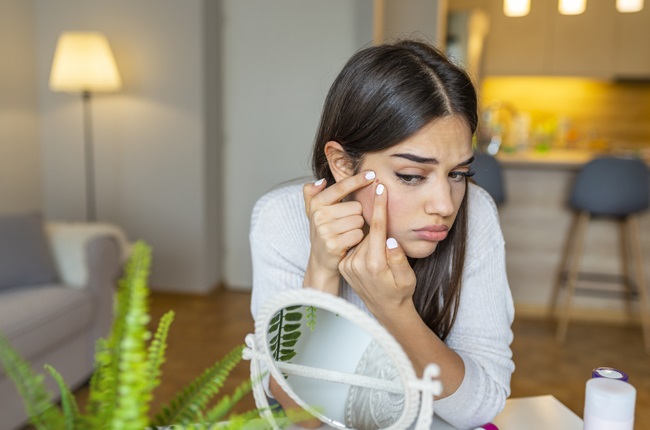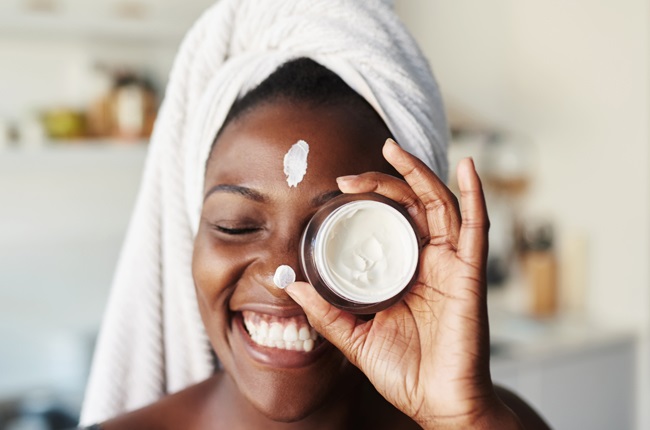
- With so much skincare advice floating around the internet, it's hard to tell what's helpful from what's harmful.
- So we reached out to a skincare expert at Lamelle to determine the most common mistakes acne sufferers make.
- From not seeking help to ditching moisturisers, this is where most people go wrong.
The internet is bombarded with so much information on how to get rid of or reduce acne. And while some of it may be helpful, we often stumble upon suggestions that are just a big no-no.
In fact, sometimes we don't even have to venture online to get bad skincare advice, as friends and family tend to dole it out for free.
When you're surrounded by so much misinformation, it becomes increasingly difficult to separate the good from the bad. So we reached out to a skincare expert at Lamelle to determine the most common mistakes acne sufferers make.
Mistake #1: Not seeking help
"The fallacy still exists that acne is a phase and you will outgrow it. Unfortunately, in many cases it is not just a phase. It is a chronic inflammatory skin condition that needs to be treated. In some cases, the person with acne will only seek help when the condition is 'out of control' and there is permanent damage to the skin in the form of acne scarring."
READ MORE | Is your skin stressed? Here are five signs you should look out for
Mistake #2: Using abrasive products
"Using abrasive non-skin products to control oily skin. There are many old wives' tales with regards to managing oily skin. We see, especially adolescents, use alcohol bases products, acetone and abrasive cleansers to 'remove' the oil on their skins. This damages the lipid layers inside the top layer of the skin and in turn this a worsening effect on acne. Inflammation is triggered and the skin is unable to exfoliate itself naturally that increases the blockage of pores."
READ MORE | What does toner even do? Expert explains the importance of this skincare step
Mistake #3: Picking pimples
"Extracting and picking at the pimples - this exaggerates scaring."
Mistake #4: Ditching your moisturiser
"If you have acne or oily skin you should not use moisturisers as this will make skin oily - this is another fallacy that has been perpetuated over time. Sebum is produced by the sebaceous gland. This sebum is delivered to the surface of the skin, and this is what we feel as oiliness on our skins.
"the lipid bi-layer (a barrier that keeps ions, proteins and other molecules where they are needed and prevents them from diffusing into areas where they should not be) is formed in between skin cells and this layer is critical for good hydration and trapping of water. With our lifestyle and being exposed to pollutants, sun and wind we lose the lipid bi-layer constantly. This needs to be replaced with good skin compatible lipids.
"This is the role of daily moisturisers. If you do not moisturise, the skin can become dry and oily at the same time (especially if you are using the abrasive ingredients mentioned in earlier). This is uncomfortable and also exacerbates the acne."




 Publications
Publications
 Partners
Partners
















